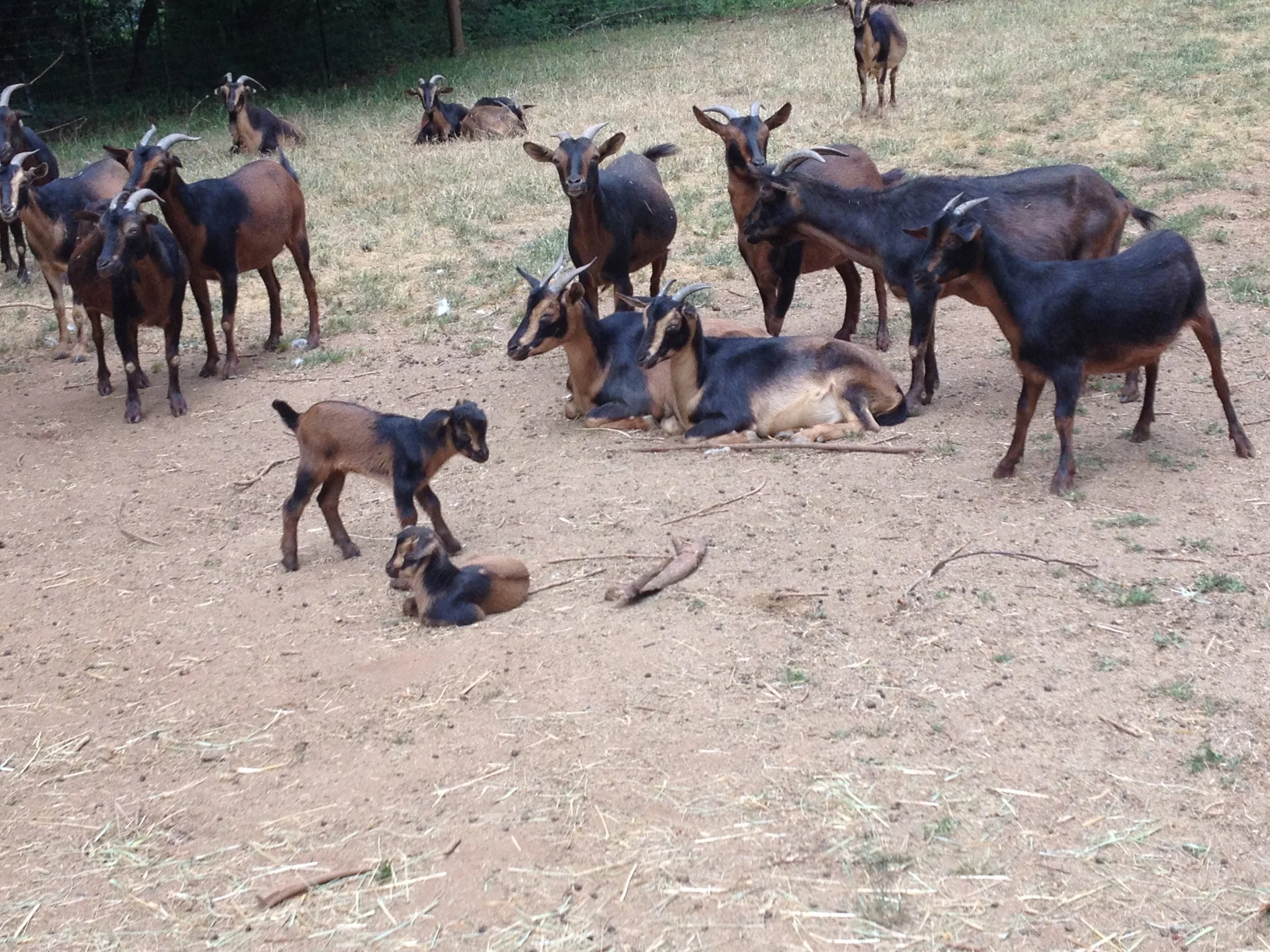Farming for the Future
Wild Heritage Farm is a community-scale farm in Beavercreek, Oregon working for the future through the efforts of today. Organic practices are used on the farm although we are not certified.
Powered by Horses
We use live horse power to minimize our dependence on fossil fuels and because we love the challenge and blessing of working with another living and thinking being. We want to encourage others to understand and appreciate the value of the working horse even in this era. Horses are not a memorabilia of the past and are relevant and used successfully today.
Three of our four horses powering our farm are Kiger Mustangs from Oregon’s wild horse herds. We also have a Kiger Stallion Fuego standing at stud. Kiger Mustangs were brought to North America by Spaniards around the 17th century. These small horses have big hearts and have evolved to survive. The three mares (females) are Rubi, Hidalga, and Oriana. Wesson, the forth horse, is of the Paint breed and is a gelding (castrated male).
Dedicated to Preservation and Regeneration
Commercial agriculture has selected for a few breeds and crops that work best in large scale production. This is causing the multi-purpose and diverse heritage breeds to die out.
We believe in preserving the rare and endangered multi-purpose breeds and seeds. The animals grow at a healthier rate, and have richer meat, milk, eggs. The crops are more nutritious and adapt easier to varying weather and pest conditions. Our San Clemente Island goats, White Wyandotte chickens, and Kiger Mustang horses (Spanish Colonial) were picked from the Livestock Conservancy endangered breeds list. All of these breeds are threatened and some are critically endangered of extinction.
We are all about sustainability and full circle / closed loop / regenerative cycle. We make some of our own hay to feed the animals (we are working to increase the amount we make versus buy). The animals create manure which we spread on the fields to provide the nutrients that the plants need.
Our animals have happy, natural lives and they raise their own young. We save our own seeds. Seeds adapt to our climate, become more drought resistant (dry farming). We preserve heritage and multipurpose strains and would like to start using ancient strains.
Diversity benefits the farm as a complete cycle with each part supporting the rest. For example the horses graze a field and the goats clear out weeds the horses don’t eat which would otherwise take over. The chickens scratch through the manure and eat insects that bother the animals and crops. The horses power equipment that spreads manure on the field to feed the grass for the next year and they mow and rake the grass to make hay.
Community Centered
At Wild Heritage Farm we believe that a healthy farm supports the local community which in turn supports the farm. Let us help you.
Working with horses teaches us the skills to work with others, to be more empathetic, clearer communicator, and a better leader. These skills help us become a better family member, friend, and community leader.


